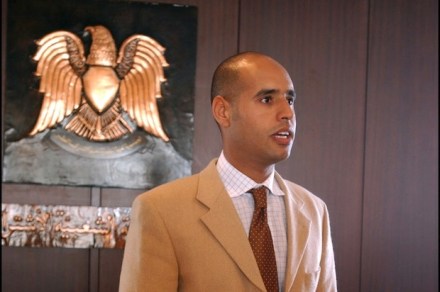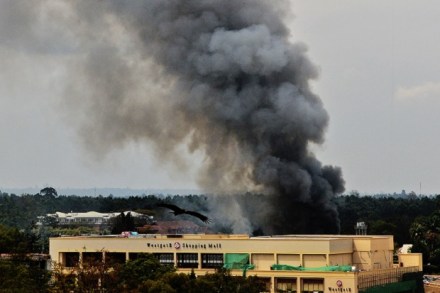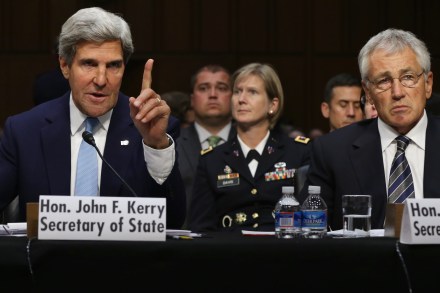Nigel Farage is right – let the Syrians come, but let them stay
It doesn’t surprise me in the slightest that Nigel Farage has appeared to out-leftie the three main parties on the subject of asylum for Syrians. It just surprises me that anyone is surprised. Ukip as a party is opposed to mass immigration, and believes that the social costs of ‘diversity’ vastly outweigh the short-term economic benefits of migration. But the gift of asylum is something else; no one is saying that Syrians are needed to enrich our culture or add vibrancy or make cappuccinos for people who work at the Economist, they just need to escape from a hellish war or they may die. Of course we should give refuge to




















